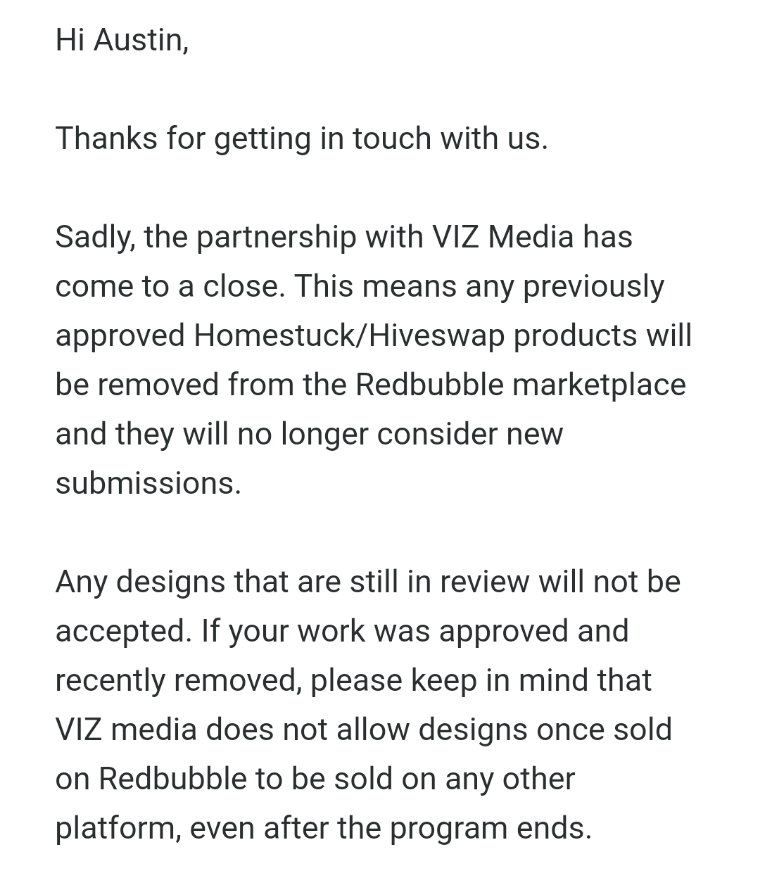Fandom is the most important thing in the modern media industry. Fans buy the products and advertise the brand, but are also the primary source of feedback. The media is what the community forms around, but the community is what feeds the media.
But the relationship between a work’s copyright holder and its fan community is structurally antagonistic. The IP holder and members of the fan community have fundamentally different interests which sometimes align but sometimes don’t. The rightsholder depends on the goodwill of the fandom, but at the same time there is always danger of the community being attacked by the rightsholder. The law creates an implicit hovering threat of legal violence, and the profit motive encourages bad actors to pull the trigger. This doesn’t mean the relationship has to be antagonistic in practice, but it means there is always an underlying potential for conflict that has to be reasoned with. The threat is always there.
There is a productive tension here. Fanwork can serve functions official work can’t, and the community surrounding a work is one of the main things that gives a work “value”, in a base economic sense. They’re the ones buying the products. Media companies are desperate to have more fans because that directly translates into their ability to make money.
Likewise, the health of the franchise matters to the people who love it, and official recognition of fan communities can be a good thing.1 Fan work can be elevated, talented creators can be brought on as part of official projects, etc. Official recognition can serve as a badge of honor and help platform and encourage talent and creativity in the community.2
But the deciding factor in whether the creator/fan relationship is healthy or exploitative is whether the community is allowed to be independent. It’s fine for official spaces — fourms, Discord servers, etc. — to exist, so long as the purpose isn’t to capture and enclose a community. Media and fandom can have a symbiotic relationship, but as soon as the corporation tries to exercise control over their fans, it turns into an ugly hostility.
 The Freedom Motif
The Freedom Motif
 FSE sprite compression
FSE sprite compression
 Is homestuck.giovanh.com official?
Is homestuck.giovanh.com official?






